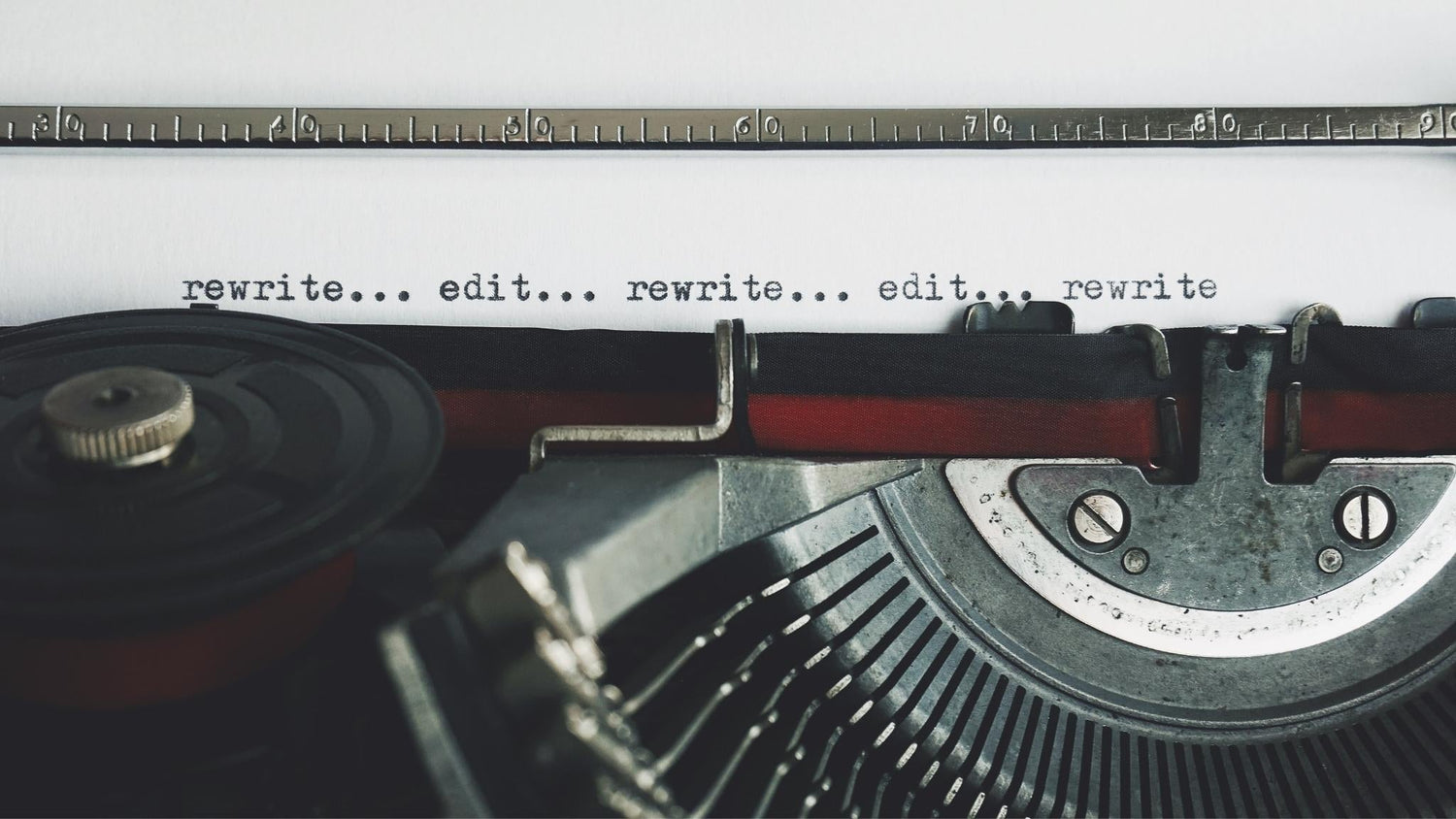Editing your manuscript into a masterpiece
The problem with book editing
"Editor" has become a catch-all term, but one that is frequently misused. When freelancers refer to themselves as an editor, what they really mean is that they are a proofreader. They'll edit whatever you already have on the page, approaching your manuscript with an eye for correction. They'll fix incorrect grammar, smoothen awkward syntax, and remove typos.
This label becomes problematic because most authors, especially first-time ones, look to professional editorial help in search of recommendations. They need advice on structure, style, argumentation, and other higher level issues. Even at the sentence level, they need advice on how to improve wording, readability, and flow. There's a major mismatch in other words. Most editors are functionally copyeditors, looking to flip through a manuscript spotting minor errors, but authors need much more for their book to succeed.
Our approach to book editing
When we say editor, we mean editor-in-chief, book editor, or book doctor. We provide the writer with end-to-end editorial support, acting as a sounding board for ideas, providing suggestions to issues we've no doubt encountered before, and immersing ourselves into the nuts-and-bolts of the project as much as the author.
We don't need any special guide here. As we are writers ourselves, we go by a golden principle: We provide the support we ourselves would have appreciated in their shoes, and in fact, have been fortunate to receive on occasion. When an editor and a writer can successfully work in tandem, there is no limit to what the former can empower and the latter can achieve. There are several distinct benefits of tapping Bookshelf Pages for editorial support.

We are versatile book editors.
An editor should be able to operate at two levels. The first is big picture. You want someone who sees what you're trying to achieve and will help you get there through strategic execution. This is developmental editing.
The second is page level. This is where the editor gets down into the weeds of your writing to make every sentence - and indeed every phrase - advances your overall goal. This is copyediting. Typically, one and two are different roles at other organizations. At Bookshelf Pages, they are integrated, so we can ensure both the micro and macro aspects of your book work seamlessly as a whole.

We are design-oriented book editors.
There are still many editors out there who are of the old school. They believe editing only encompasses text, and any art or multimedia is the realm of another person on the masthead. This kind of thinking results in work that is bifurcated, with the text going one way, and the multimedia going another, possibly wildly different direction.
You don't want an editor who compartmentalizes writing from design. At Bookshelf Pages, we believe the two should go hand-in-hand, and we strive for them to complement one another during the editorial process.

We are patient and flexible book editors.
We understand that the best writing takes time. What is more fruitful than a deadline is a framework. As your editors, we make it our responsibility to understand how you work best and adjust to that.
Some writers prefer editorial letters that summarize feedback. Others like face-to-face or virtual discussions about what can be improved. Still others prefer page-by-page comments, like from an instructor. You may have your own preferences and idiosyncracies. Whatever it is, we're happy to cater to your creative process.
Hybrid publishing services
In addition to editing, we offer several complimentary editorial solutions for authors and brands via Bookshelf Pages.
-

Writing
Learn moreTransform your brilliant idea into a fully realized book through our writing service.
-

Publishing
Learn moreTake your book from concept to product through our end-to-end editorial and design work.
-

Public relations
Learn moreGet your book featured in publications through our existing network of journalists and writers around the globe.



